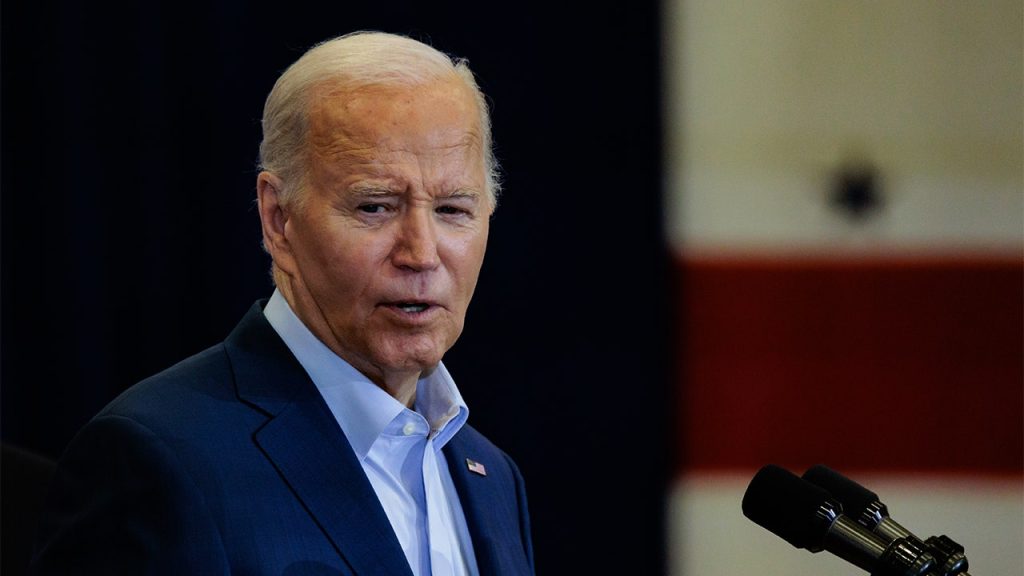The White House has asserted executive privilege over audio and video recordings related to Special Counsel Robert Hur’s interviews with President Biden, as well as interviews between Biden and ghostwriter Mark Zwonitzer. Associate Attorney General Carlos Uriarte wrote a letter stating that the President is making a protective assertion of privilege over any remaining materials that have not already been produced in response to subpoenas from the Committee on the Judiciary and Committee on Oversight and Accountability. Uriarte also noted that historically, officials who assert the President’s claim of executive privilege cannot be prosecuted for criminal contempt of Congress.
Further details from a letter obtained by Fox News revealed that Attorney General Merrick Garland informed Biden that the interviews in question fall within the scope of executive privilege. Garland expressed concerns that production of the recordings to the Committees could undermine the Department’s ability to conduct similar high-profile criminal investigations where the voluntary cooperation of White House officials is crucial. The assertion of executive privilege in this case is seen as a means of protecting the confidentiality and integrity of the investigative process.
The assertion of executive privilege over the audio and video recordings represents a significant development in the ongoing efforts by Congress to obtain information related to the Special Counsel’s interviews with President Biden. The decision to protect the recordings has raised questions about the balance between legislative oversight and executive privilege, with officials maintaining that the President’s claim of executive privilege is a longstanding position held by administrations of both parties. This move underscores the administration’s commitment to safeguarding sensitive information and preserving the integrity of ongoing investigations.
The potential implications of the executive privilege assertion extend beyond the current situation, as it could set a precedent for future interactions between the executive branch and Congress. The White House’s decision to protect the recordings from disclosure reflects a broader strategy to maintain control over the flow of information and defend the interests of the executive branch. In asserting executive privilege, the administration is signaling its determination to uphold the principles of confidentiality and privacy in high-profile investigations involving White House officials.
As the situation continues to develop, it remains to be seen how Congress will respond to the White House’s assertion of executive privilege and whether further legal action will be taken to obtain the recordings. The ongoing tension between the branches of government underscores the complexities of navigating issues of transparency and accountability within the framework of executive privilege. Both sides are likely to engage in a protracted legal battle to determine the extent of executive privilege in this particular case and its implications for future interactions between the executive branch and Congress.
Overall, the assertion of executive privilege over the audio and video recordings related to Special Counsel Robert Hur’s interviews with President Biden represents a pivotal moment in the ongoing investigations. The decision to shield the recordings from disclosure underscores the administration’s commitment to upholding the principles of executive privilege and protecting the confidentiality of sensitive information. As the legal and political ramifications of this move continue to unfold, the balance between legislative oversight and executive privilege will likely be a key point of contention in the ongoing dispute between the White House and Congress.


